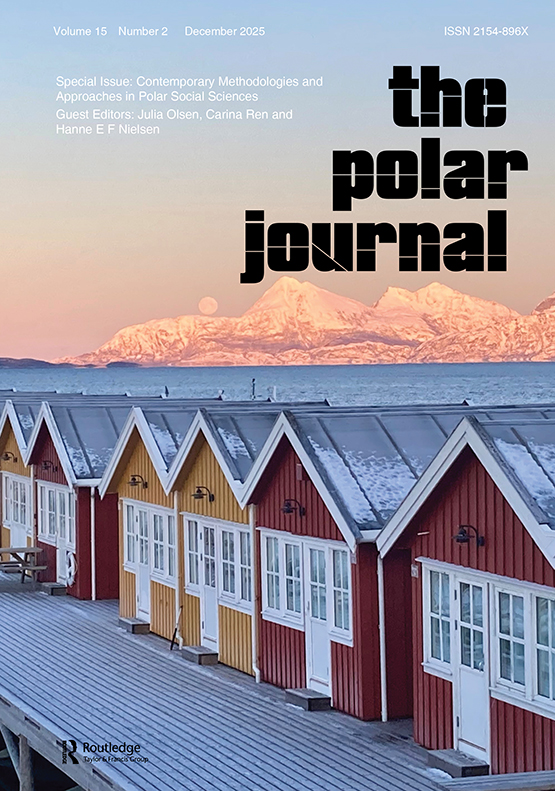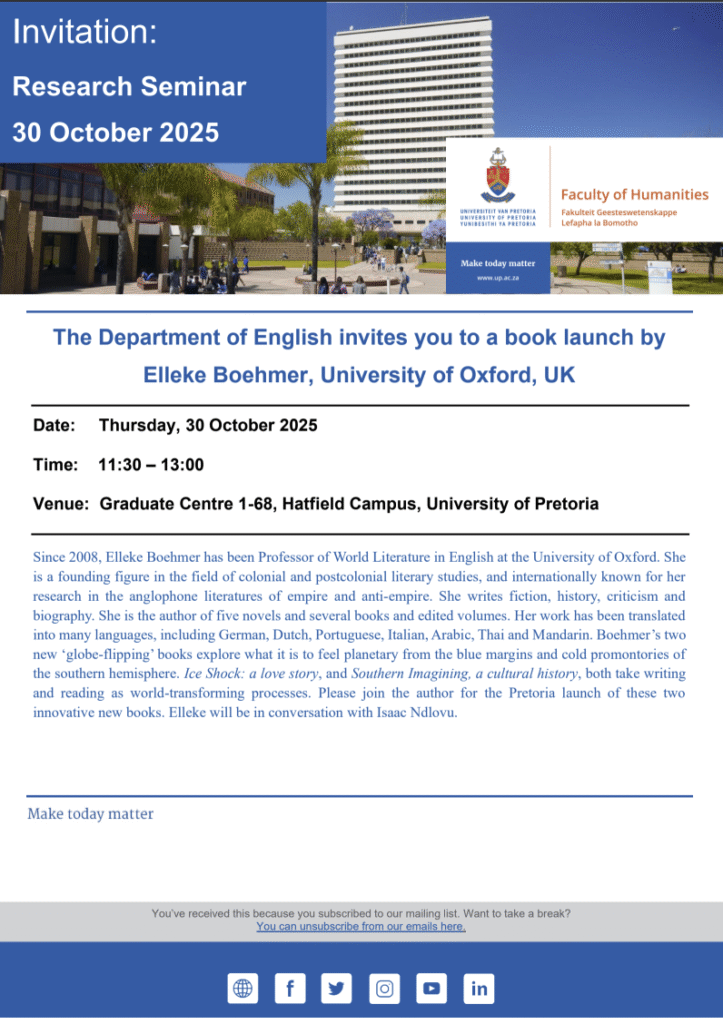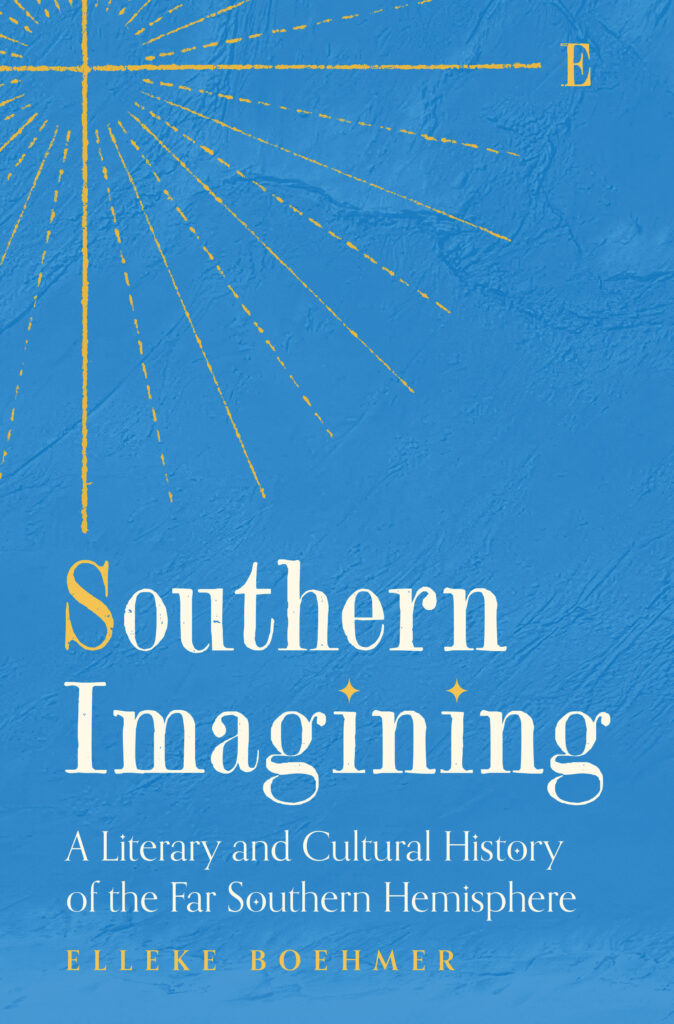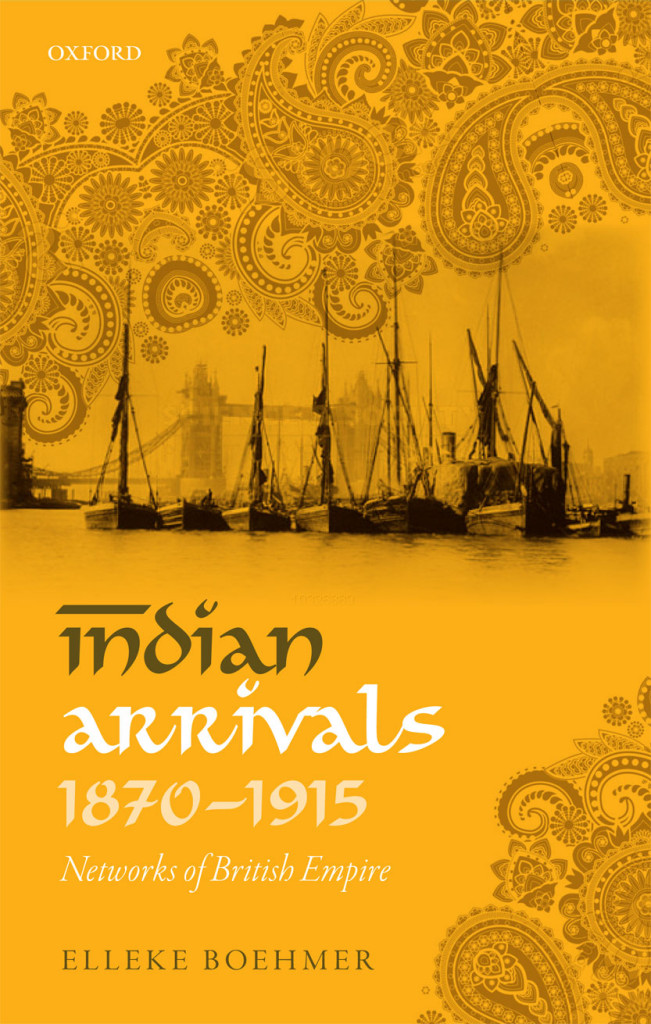About
Elleke Boehmer is the author of the novels Screens against the Sky (shortlisted David Higham Prize, 1990), Bloodlines (shortlisted SANLAM prize, 2000), Nile Baby (2008) and The Shouting in the Dark (2015; co-winner Olive Schreiner prize, 2015–18), as well as the short-story collection Sharmilla and Other Portraits (2010). To the Volcano, her second short story collection, appeared in 2019. The story ‘Supermarket Love’ was commended for the ABR Elizabeth Jolley Prize. Her fiction probes the delicate interface between our private and public selves in haunting and unforgettable ways.
She is also Professor of World Literature in English at the University of Oxford, and a founding figure in the field of postcolonial literature. Her edition of Baden-Powell’s Scouting for Boys was a 2004 summer bestseller, and her acclaimed biography of Nelson Mandela (2008) has been translated into Arabic, Malaysian, Thai, Kurdish, Portuguese and Brazilian Portuguese. She has published several other books including Stories of Women (2005), the anthology Empire Writing (1998), Indian Arrivals: Networks of British Empire (2015), and Postcolonial Poetics (2018).

News
Barbara Boswell reviews Ice Shock by Elleke Boehmer for the JRB
In a review for the Johannesburg Review of Books entitled ‘A reluctant, complicated love story spanning the globe and a myriad natural disasters’, Barbara Boswell…
Review of Ice Shock in The Polar Journal
Elizabeth Leane has written a review of Ice Shock for The Polar Journal: “Entangled stories of a warming continent: a review of two recent Antarctic…
London launch of Ice Shock with Kate Kennedy
Elleke will be in conversation with Kate Kennedy at Hatchards in Piccadilly, London on 18 February 2026. Read more
Oxford launch of Ice Shock: Conversation with Richard Beard
Elleke will be in conversation with Richard Beard about Ice Shock at Daunt Books in Oxford on 3 February 2026. Read more
Cape Town launch of Ice Shock at Exclusive Books, Cavendish
Elleke Boehmer’s Ice Shock: a love story will be launched in Cape Town on Monday 3 November 2025 at Exclusive Books, Cavendish. Elleke well be…
Ice Shock and Southern Imagining at the University of Pretoria
An event will be held at the University of Pretoria on 30 October 2025 at 11:30 to celebrate the launch of Ice Shock and Southern…
Fiction
Ice Shock
Published by Valley Press (UK) and Karavan Press (South Africa), 2025 An Icelandic volcano has…
To the Volcano, and Other Stories
Published by Myriad Editions (UK), 2019 Shortlisted: 2019 Elizabeth Jolley Short Story Prize for ‘Supermarket…
The Shouting in the Dark
Published by Sandstone Press (UK), Cossee (Netherlands), Jacana (South Africa), 2015; UWA Press (Australia), 2019…
Sharmilla, and Other Portraits
Published by Jacana (South Africa), 2010 and Historica (Italy), 2019 Police question a Cape Town…
Nile Baby
Published by Ayebia, 2008 Nile Baby tells the story of two quirky young friends who…
Bloodlines
Published by David Philip (South Africa), 2000; Shenzhen Publishing House (China), 2024 Short-listed for the…
An Immaculate Figure
Published by Bloomsbury, 1993 Rosandra White is the proverbial perfect blonde. Exquisitely proportioned, desirable, her…
Screens Against the Sky
Published by Bloomsbury and Penguin, 1990 Short-listed for the David Higham Prize Set in South…
Non-fiction
Southern Imagining: A Literary and Cultural History of the Far Southern Hemisphere
Published by Princeton University Press, 2025 A northern viewpoint is most often the default, while…
Life Writing and the Southern Hemisphere
Texts, Spaces, Resonances Published by Bloomsbury Press, 2024 Edited with Katherine Collins Exploring lives lived,…
Postcolonial Poetics: 21st-Century Critical Readings
Published by Palgrave Macmillan, 2018 Postcolonial Poetics is about how we read postcolonial and world…
Indian Arrivals, 1870-1915: Networks of British Empire
Published by Oxford University Press, 2015 Winner: 2016 ESSE Book Award for Literatures in the English…
The Postcolonial Low Countries: Literature, Colonialism, and Multiculturalism
Published by Lexington Books, 2012 Edited with Sarah de Mul The Postcolonial Low Countries is…
The Indian Postcolonial: A Reader
Published by Routledge, 2010 Edited with Rosinka Chaudhuri India has often been at the centre…
Terror and the Postcolonial: A Concise Companion
Published by Wiley-Blackwell, 2010 Edited by Elleke Boehmer and Stephen Morton Terror and the Postcolonial…
J. M. Coetzee in Context and Theory
Published by Continuum, 2009 Edited with Robert Eaglestone and Katy Iddiols Nobel Laureate 2003 and the…
Upcoming events

Oxford launch of Ice Shock: Conversation with Richard Beard
3 February at 7:00 pm – 9:00 pmElleke will be in conversation with Richard Beard about Ice Shock at Daunt Books in Oxford on 3 Febr…

London launch of Ice Shock with Kate Kennedy
18 February at 6:30 pm – 8:00 pmElleke will be in conversation with Kate Kennedy at Hatchards in Piccadilly, London on 18 February 2…
Contact
For queries about Southern Imagining, please write to Carmen Jimenez at Princeton University Press (Carmen_Jimenez [at ] press [dot] princeton [dot] edu).
For queries about Ice Shock, please write to Valley Press.
Agent
Catherine Clarke
Felicity Bryan Literary Agency
2a North Parade Avenue,
Oxford, OX2 6LX
catherine@felicitybryan.com
Tel: (01865) 513816
Fax: (01865) 310055



















